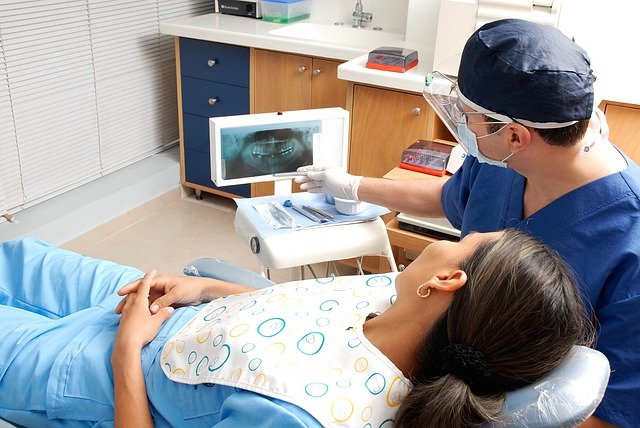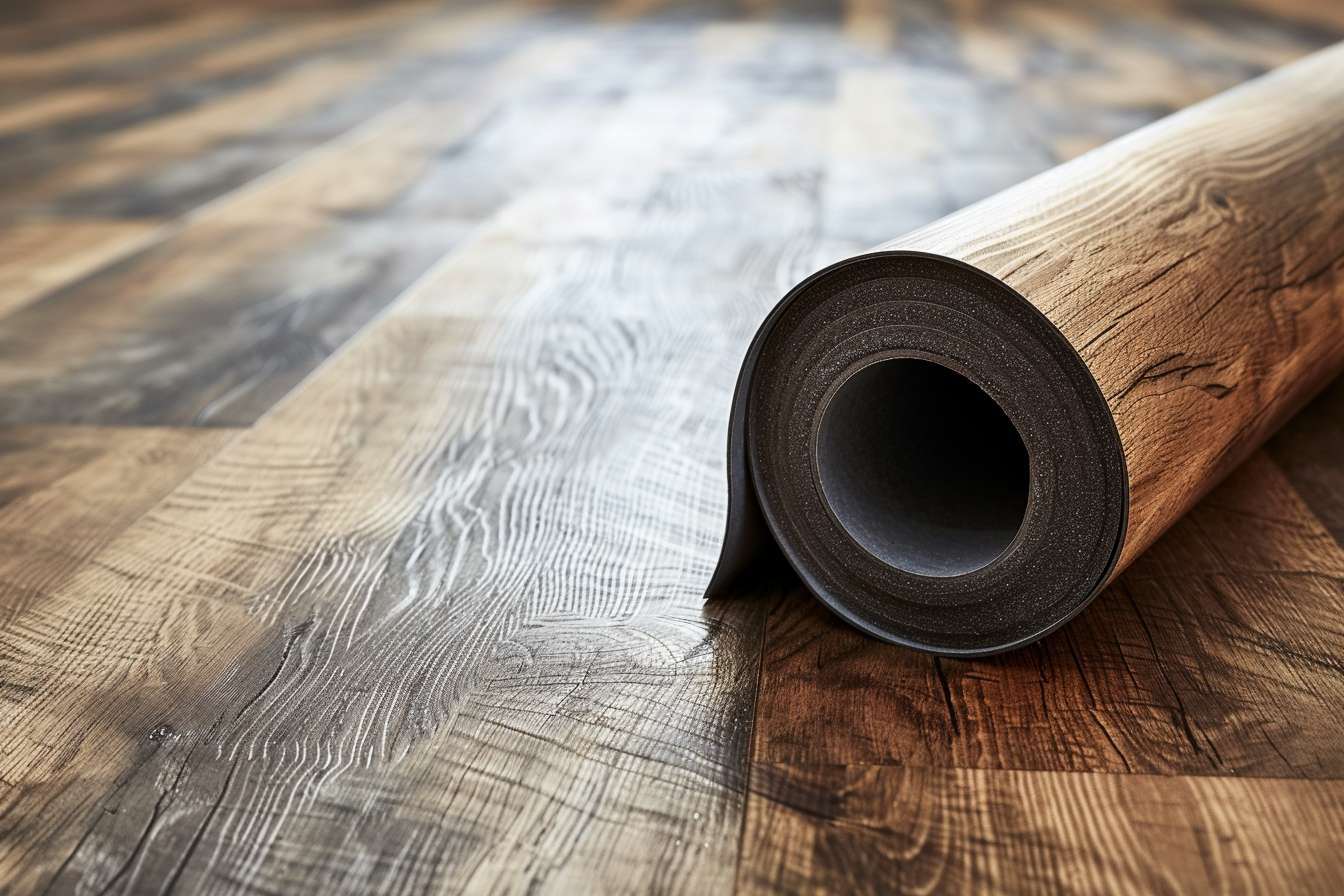Understanding Anti-Aging Skincare: Science, Products, and Routines
Curious about anti-aging creams? Discover how they help maintain skin hydration, smoothness, and a youthful appearance. With ingredients designed to nourish and rejuvenate, these creams support healthier-looking skin, reduce signs of aging, and enhance your daily skincare routine.

How Anti-Aging Creams Improve Skin Hydration and Texture
As we age, our skin naturally loses moisture and the ability to retain it effectively. This decreased hydration contributes significantly to the appearance of aging skin. Anti-aging creams address this issue through several mechanisms. Humectants like hyaluronic acid and glycerin draw moisture from the environment into the skin, while occlusives such as shea butter and squalane create a barrier that prevents water loss. Additionally, many formulations contain emollients that smooth rough patches by filling in gaps between skin cells.
The texture improvements from anti-aging creams typically come from ingredients that stimulate cell turnover and collagen production. Retinoids, derived from vitamin A, accelerate the replacement of old skin cells with new ones, reducing the appearance of rough texture and fine lines. Alpha hydroxy acids (AHAs) and beta hydroxy acids (BHAs) work as chemical exfoliants, removing dead skin cells and encouraging renewal. Some newer formulations also include peptides that signal the skin to produce more collagen and elastin, proteins essential for skin firmness and elasticity.
Tips For Choosing The Right Anti-Aging Cream
Selecting an effective anti-aging cream requires understanding both your skin type and the specific aging concerns you wish to address. For dry skin, look for cream-based formulas containing ceramides, fatty acids, and rich moisturizing agents. Oily or combination skin types may benefit from lighter, gel-based products that hydrate without adding excess oil. Those with sensitive skin should seek formulations free from potential irritants like fragrances, dyes, and certain preservatives.
Key ingredients to consider include retinol or other retinoids for their proven efficacy in reducing fine lines and stimulating collagen production. Antioxidants like vitamin C, vitamin E, and niacinamide help protect against environmental damage while brightening skin tone. Peptides support collagen production, while AHAs and BHAs provide exfoliation benefits. When evaluating products, remember that concentration matters—an ingredient listed near the end of a product’s ingredient list is present in smaller amounts and may not provide significant benefits.
Product consistency and texture also impact effectiveness and user experience. Thicker creams typically provide more hydration for dry or mature skin, while lightweight serums may penetrate more deeply to deliver active ingredients. Consider whether you prefer products for daytime use (typically lighter and containing SPF) or nighttime repair (often richer in texture and containing ingredients that may increase sun sensitivity).
Anti-Aging Skincare Routines For Healthy Skin
A comprehensive anti-aging skincare routine extends beyond simply applying a cream. Morning routines should focus on protection, beginning with a gentle cleanser that removes overnight buildup without stripping natural oils. Follow with antioxidant serums containing vitamin C or other free-radical fighters to protect against environmental damage throughout the day. A moisturizer appropriate for your skin type helps maintain hydration, while broad-spectrum sunscreen with at least SPF 30 provides crucial protection against UV damage—arguably the most important anti-aging step.
Evening routines emphasize repair and regeneration. Begin by thoroughly removing makeup and environmental pollutants with a cleanser appropriate for your skin type. This creates a clean canvas for active ingredients to penetrate effectively. Products containing retinoids, peptides, or growth factors work well at night when the skin naturally undergoes repair processes. A hydrating moisturizer seals in these active ingredients and supports the skin barrier function during sleep.
Weekly treatments can enhance anti-aging results. Gentle exfoliation with AHAs or BHAs 1-2 times weekly helps remove dead skin cells that contribute to dull appearance and can prevent active ingredients from penetrating effectively. Hydrating masks containing ingredients like hyaluronic acid or niacinamide can provide intensive moisture and soothing benefits. These treatments should complement, not replace, daily care routines.
Understanding Anti-Aging Product Ingredients and Formulations
The effectiveness of anti-aging products largely depends on their active ingredients and how they’re formulated. Retinoids remain the gold standard in anti-aging skincare, with decades of research supporting their ability to increase cell turnover, stimulate collagen production, and reduce the appearance of fine lines and wrinkles. These derivatives of vitamin A range from prescription-strength tretinoin to gentler over-the-counter retinol and retinyl palmitate.
Peptides function as messengers that trigger specific skin responses, particularly collagen production. Different peptides target various concerns—some reduce wrinkle depth while others improve firmness or reduce inflammation. Antioxidants neutralize free radicals that damage skin cells and accelerate aging. Beyond vitamin C, look for green tea extract, resveratrol, coenzyme Q10, and niacinamide in effective formulations.
Growth factors, derived from plants, bio-engineered sources, or human cells, help regulate cell growth and stimulate collagen production. While newer to the anti-aging market than retinoids, they show promising results for skin rejuvenation. Stem cell extracts, typically derived from plants, don’t actually contain living cells but rather the proteins, amino acids, and peptides that may benefit skin function and appearance.
Anti-Aging Product Comparison and Price Guide
Anti-aging products span a wide range of price points and formulations. Understanding what you’re paying for can help determine whether premium products justify their cost or if more affordable options might meet your needs.
| Product Category | Price Range | Key Ingredients | Best For |
|---|---|---|---|
| Budget Retinol Serums | $10-25 | Retinol (lower %), hyaluronic acid | Anti-aging beginners, prevention |
| Mid-range Retinol Products | $30-75 | Retinol (moderate %), peptides, niacinamide | Established fine lines, texture concerns |
| Premium Retinol Formulations | $80-200+ | Encapsulated retinol, multiple peptides, antioxidants | Advanced aging concerns, sensitive skin |
| Budget Vitamin C Serums | $15-30 | L-ascorbic acid (lower %), vitamin E | Brightening, prevention |
| Premium Vitamin C Treatments | $80-170 | Stabilized vitamin C, ferulic acid, additional antioxidants | Hyperpigmentation, mature skin |
| Basic Moisturizers with Anti-Aging Benefits | $12-40 | Hyaluronic acid, ceramides, peptides | Hydration, early prevention |
| Advanced Anti-Aging Night Creams | $50-250+ | Growth factors, multiple peptides, plant stem cells | Deep wrinkles, loss of firmness |
Prices, rates, or cost estimates mentioned in this article are based on the latest available information but may change over time. Independent research is advised before making financial decisions.
Lifestyle Factors That Enhance Anti-Aging Skincare Results
While topical products play a significant role in anti-aging skincare, lifestyle factors greatly influence skin’s appearance and health. Sun protection remains paramount—daily use of broad-spectrum SPF 30+ sunscreen significantly reduces photoaging and risk of skin cancer. Protective clothing and avoiding peak sun hours provide additional defense against UV damage.
Nutrition directly impacts skin health. Diets rich in antioxidants from colorful fruits and vegetables help combat free radical damage. Omega-3 fatty acids from sources like fish, flaxseeds, and walnuts support skin’s lipid barrier and reduce inflammation. Adequate hydration maintains skin’s moisture levels from within, while limiting alcohol consumption helps prevent dehydration and inflammation.
Quality sleep allows skin to undergo repair processes, while stress management techniques reduce cortisol levels that can accelerate aging and trigger inflammatory skin conditions. Regular exercise increases circulation, delivering oxygen and nutrients to skin cells while helping remove waste products. These lifestyle factors work synergistically with topical treatments to support overall skin health and appearance.
This article is for informational purposes only and should not be considered medical advice. Please consult a qualified healthcare professional for personalized guidance and treatment.




